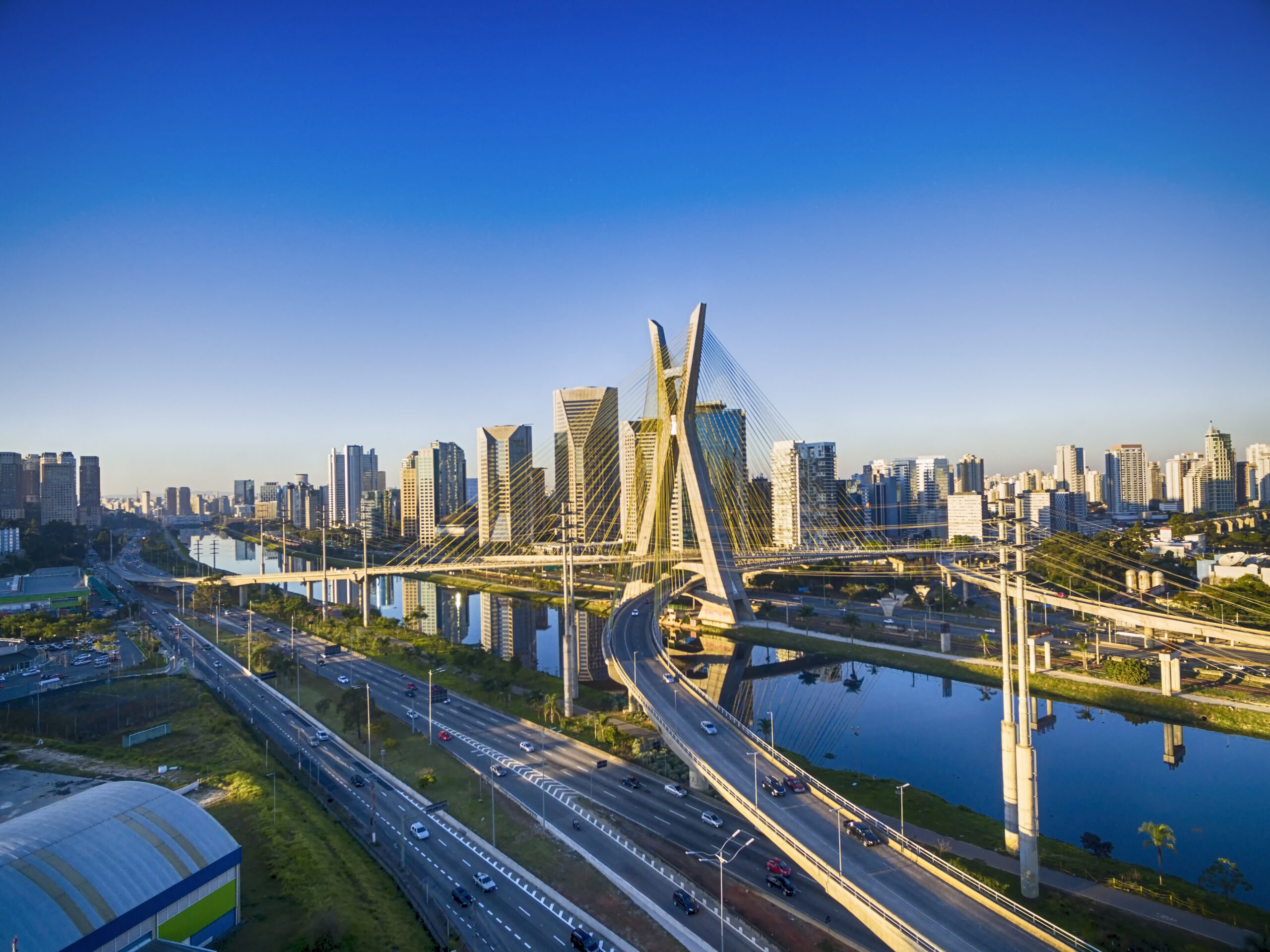
Report
Brazil Fractional Market
The Brazilian fractional ownership market has experienced significant growth and transformation over the past decade, reshaping the country's tourism and real estate sectors.
This report delves into the history, structure, and current trends of the fractional ownership system in Brazil, highlighting its impact on the hospitality industry.
Historical Context and Market Evolution
Brazil, a country with diverse and extensive tourism destinations, had traditionally seen limited investment in vacation properties due to inadequate financing options. Up until seven years ago, demand for holiday hotels far exceeded supply, leading to crowded, expensive, and often subpar accommodations.
Introduction of Fractional Ownership
Fractional ownership, introduced in 2013, revitalized the market following the decline of timeshare models. This system gained rapid acceptance due to its affordability and the flexibility it offered to buyers. Cities like Caldas Novas and Olimpia emerged as leaders in fractional ownership, with significant increases in hotel capacity and leisure infrastructure, catering primarily to Brazil’s low and middle-income classes.
Legal Framework and Market Expansion
In 2018, the introduction of the Fractional Ownership Properties Law provided legal security and transparent regulations, further fuelling market growth. By 2020, the fractional ownership system had expanded to 17 of Brazil’s 27 states, adding nearly 11,000 new rooms and generating approximately $6 billion in economic activity.
Fractional Ownership Structure
Fractional ownership involves multiple buyers purchasing fractions of a single real estate asset. Key features include:
- The property is divided into autonomous units within a condominium.
- Each owner receives a title corresponding to their purchased percentage and has the right to use the unit during specified periods.
- Ownership is permanent, and units can be sold or rented out like any regular real estate asset.
- Flexibility in using the property through international exchange systems like RCI or Interval.
- Potential for rental income when units are managed by operators.
Comparison with Timeshare and Condo Hotels
Fractional ownership differs from timeshare and condo hotels in several fundamental ways:
- Timeshare: Limited to usage rights for a set period, typically without ownership deeds.
- Condo Hotels: Ownership of a hotel unit that is part of the rental pool, often with restricted personal use.
- Fractional Ownership: Offers a more flexible, permanent ownership model with potential for rental income and international exchange.
Current Market Dynamics and Future Prospects
Product and Buyer Perspective:
- Fractional ownership primarily targets high-end luxury assets but has expanded to lower categories while maintaining a luxury appeal. It provides long-term financing options and flexible payment terms, consolidating its success in Brazil.
Operator Perspective:
- Operators benefit from higher sales volumes and management fees compared to condo hotels. Fractional owners typically have limited rights to change operators, ensuring stability and consistent management quality.
Market Share and Future Growth:
- Fractional ownership has a strong presence in high-traffic tourist destinations and is expected to grow rapidly due to its attractiveness and favourable acquisition conditions. The system is poised to replace timeshare models in Brazil and expand further into South America.
Notable Projects and Developments
Lifestyle projects branded by international names like Hard Rock have driven market transformation. Success stories include the Residence Club at The Hard Rock Hotel Fortaleza and the Residence Club at The Hard Rock Hotel Ilha do Sol. These projects have set a precedent for luxury and lifestyle-focused fractional developments.
Fractional ownership has revolutionized the Brazilian tourism property market, offering an attractive, flexible, and secure investment model. With continued expansion and the introduction of new projects by leading international brands, the future of Brazilian vacations lies in the fractional system. This model provides a sustainable and profitable approach to developing tourism infrastructure in Brazil and beyond.
Download the report
For detailed charts, graphs, and further analysis, download the full report here





